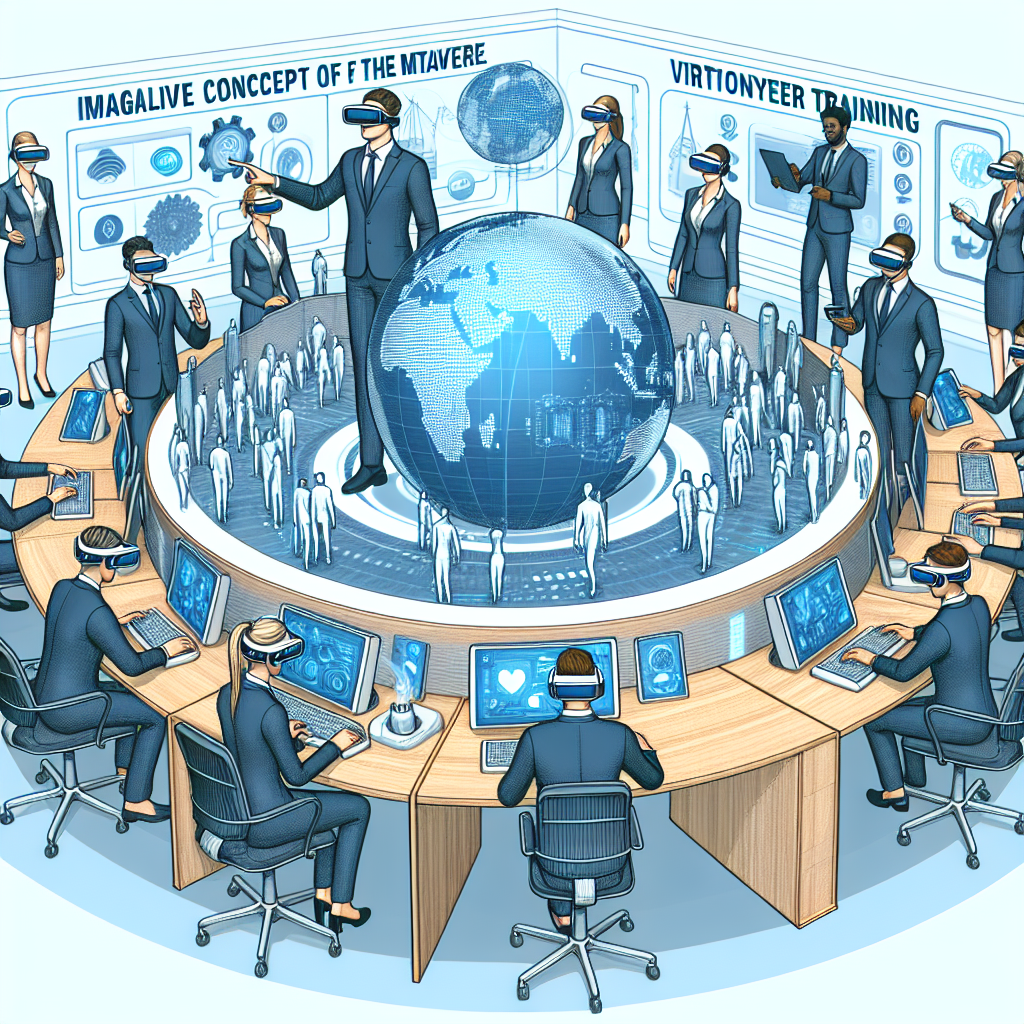In a significant shift reflecting digital advancements and their influence on traditional retail dynamics, Walmart Inc. has recently unveiled a new model for its training academies. As revealed in “Walmart to Turn Its Academies into Metaverse Training Centers”, published by Calcalist, these previously offline training facilities, established in 2016, are now set to metamorphose into centers of virtual reality (VR) education, underscoring a blend of new-age technology with core business processes.
Walmart’s decision echoes the broader technological integration trend sweeping through global industries as companies seek innovative approaches to workforce training, efficiency, and productivity. Up until recently, the retail giant’s training academies have served as crucial hubs for educating employees—ranging from department managers to customer service staff—about the company’s culture, operational procedures, and customer engagement strategies. However, with over 200 of such facilities across the United States, the transition to a metaverse-based approach signifies a radical departure aimed at harnessing more immersive and interactive training techniques.
The integration of VR into training processes isn’t entirely novel but adopting it at the scale envisioned by Walmart is relatively unprecedented in the retail sector. This leap into the metaverse is expected to offer trainees a highly engaging platform where they can learn and simulate scenarios without the constraints of physical space and with considerable cost efficiency. For instance, VR allows for the replication of in-store experiences, management situations, and even emergency response drills in a controlled, risk-free virtual environment.
Central to this initiative is the goal to not only enhance learning outcomes but also to streamline operations and potentially reduce training costs over time. By adopting a virtual training approach, Walmart is likely positioning itself as a forward-thinking employer, adapting to digital innovations that appeal to a modern workforce and preparing its personnel more robustly for a range of in-store scenarios.
Critics, however, raise questions about the efficacy of VR training, pointing to challenges such as the potential disconnect between virtual exercises and real-life customer interactions. Moreover, the implementation also flags concerns related to the digital divide, as not all employees may initially have equal comfort or proficiency with advanced technological tools.
Despite potential hurdles, the shift indicates a significant alignment with broader digital transformation strategies within the corporate world, aligning with similar moves by other industry leaders. For instance, tech giants like Google and Microsoft have increasingly incorporated augmented reality (AR) and VR into various segments of their operations, from product development to customer service.
As Walmart begins the crossover to a metaverse-aligned training methodology, the rest of the retail sector, and indeed other industries, will be watching closely. This movement could potentially set a precedent for how traditional businesses can effectively intertwine emerging technologies with everyday business practices to foster environments that are more dynamic, interactive, and future-ready. The outcomes of this bold initiative could well dictate future investments in technology-driven corporate training programs globally.



